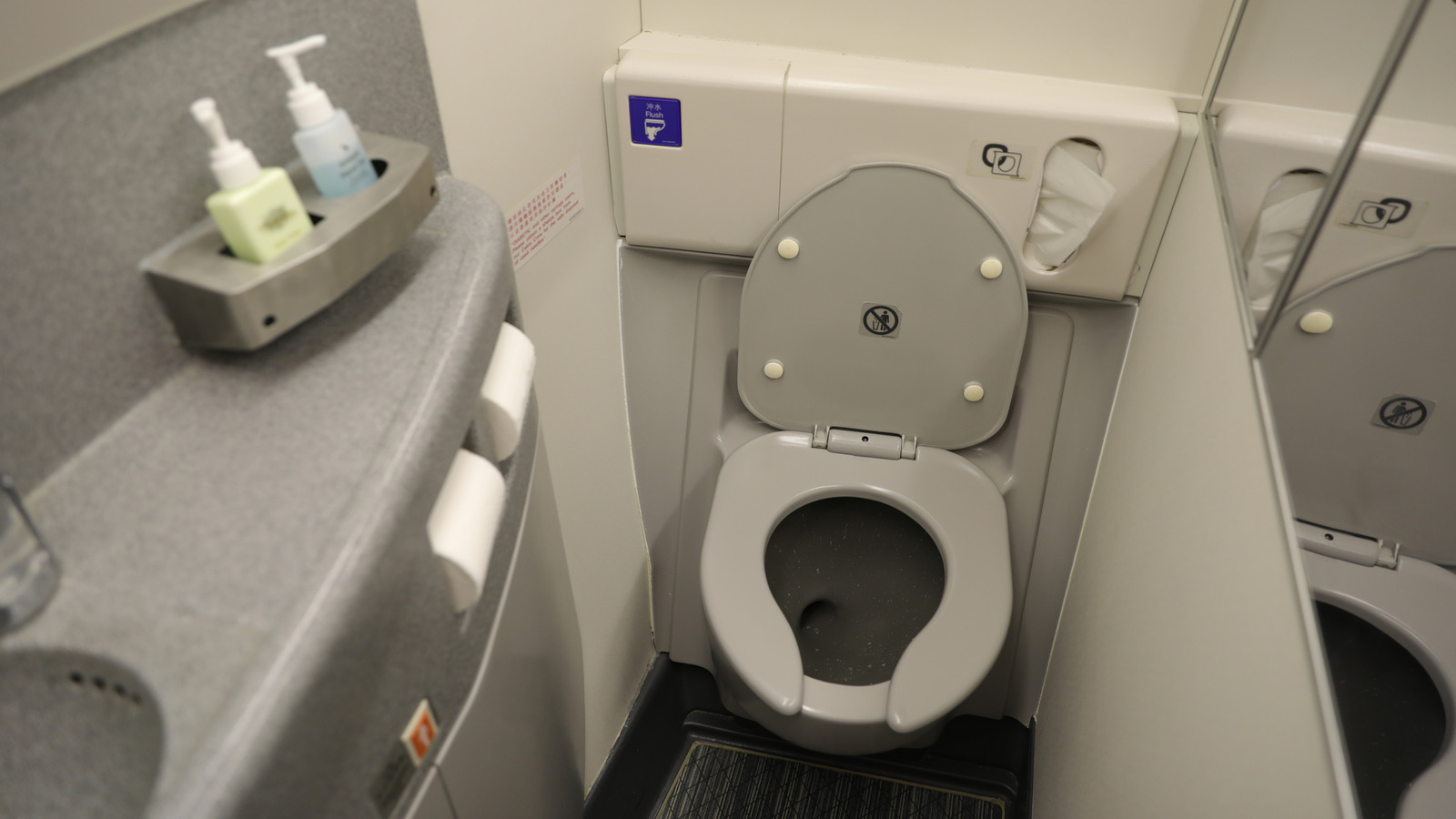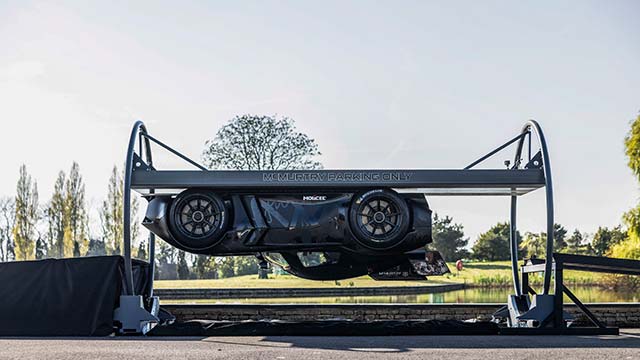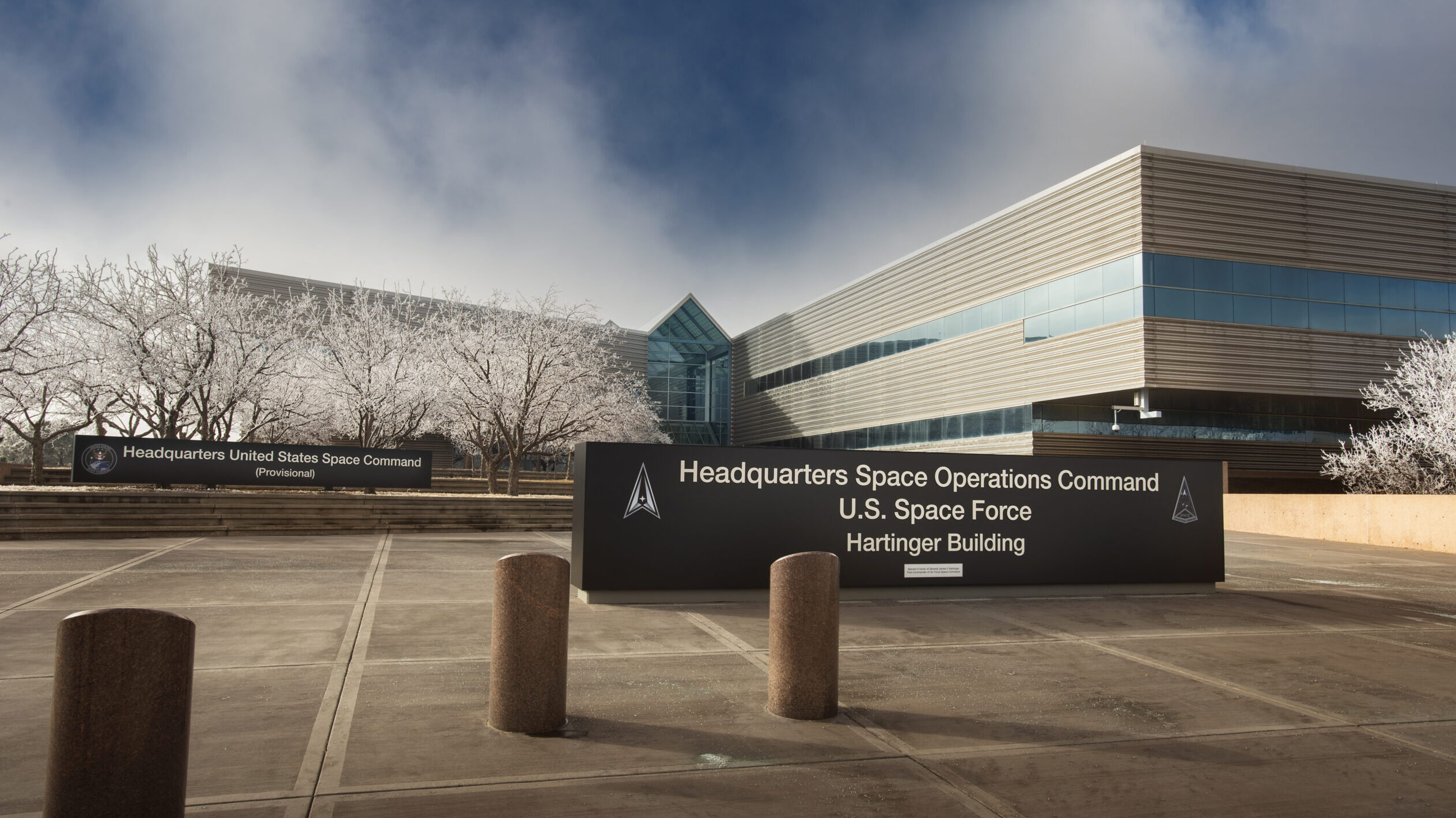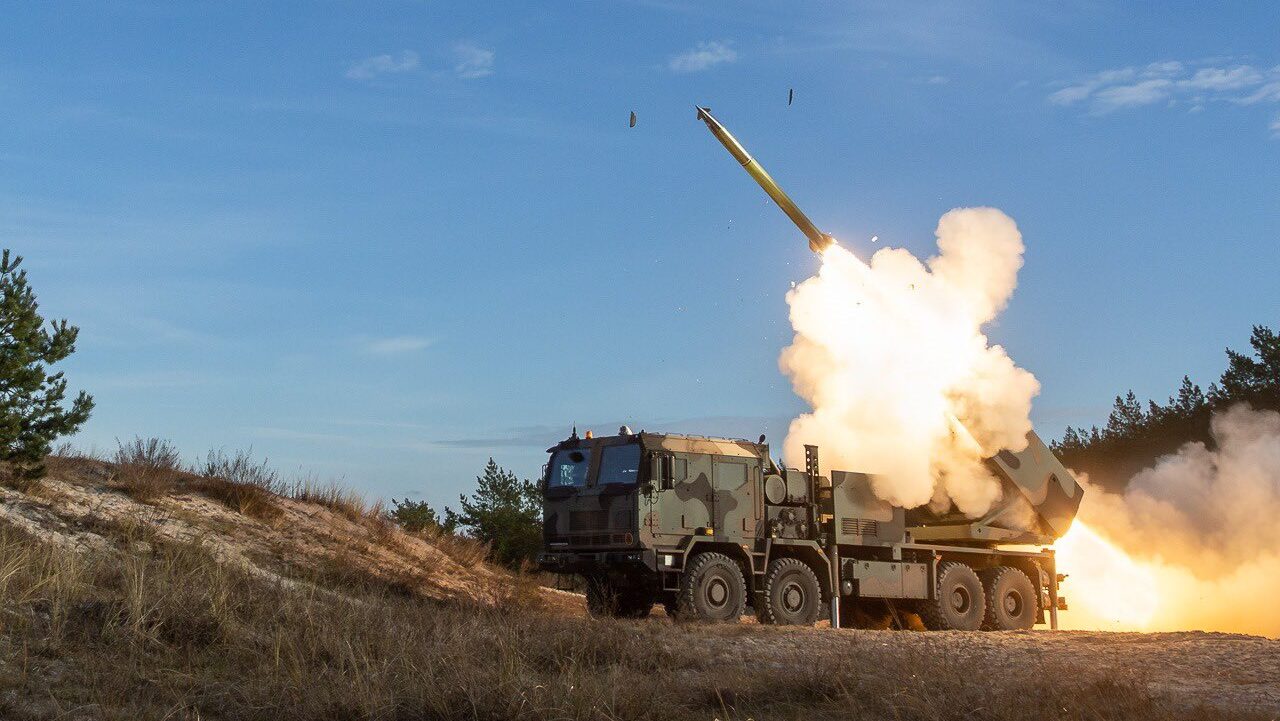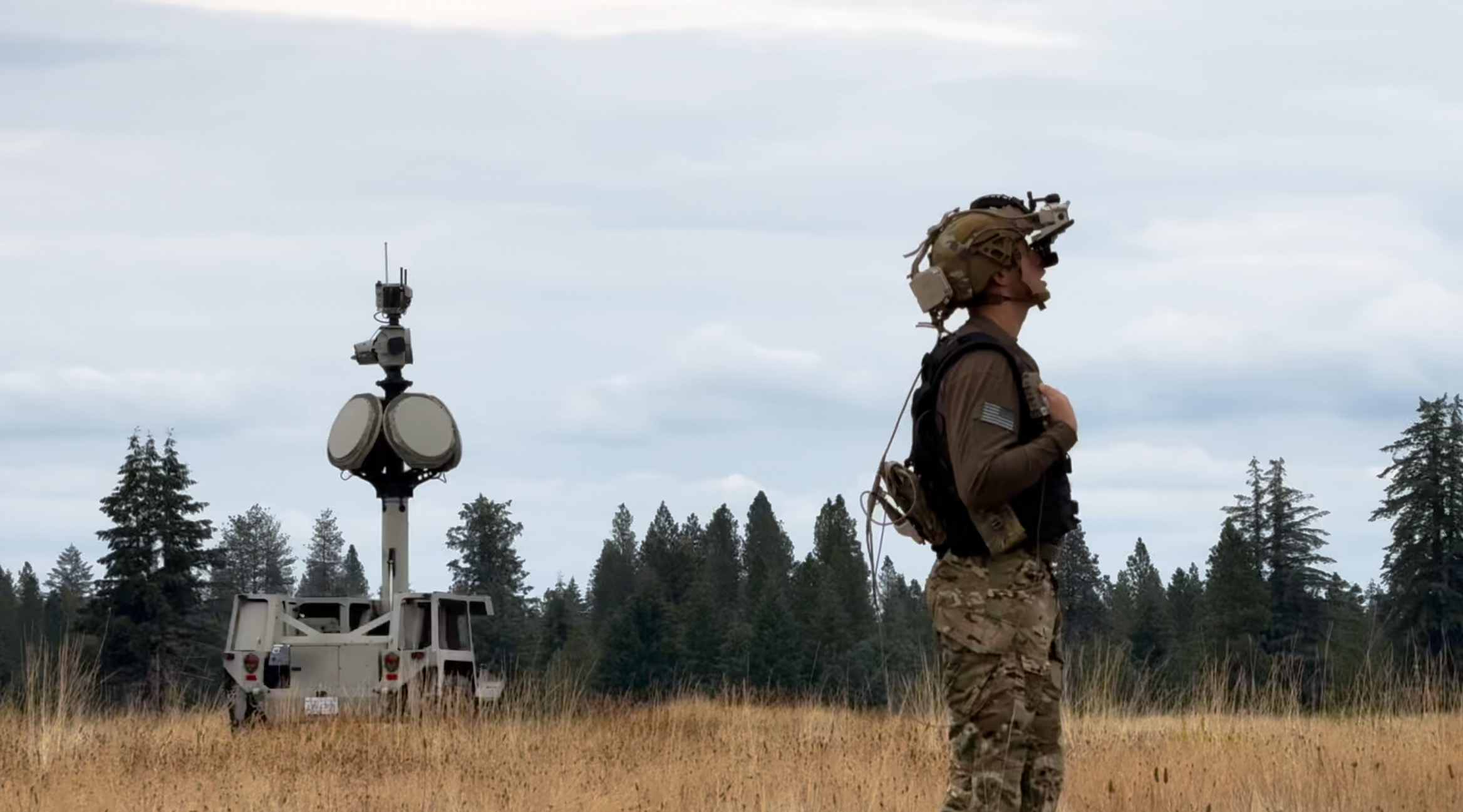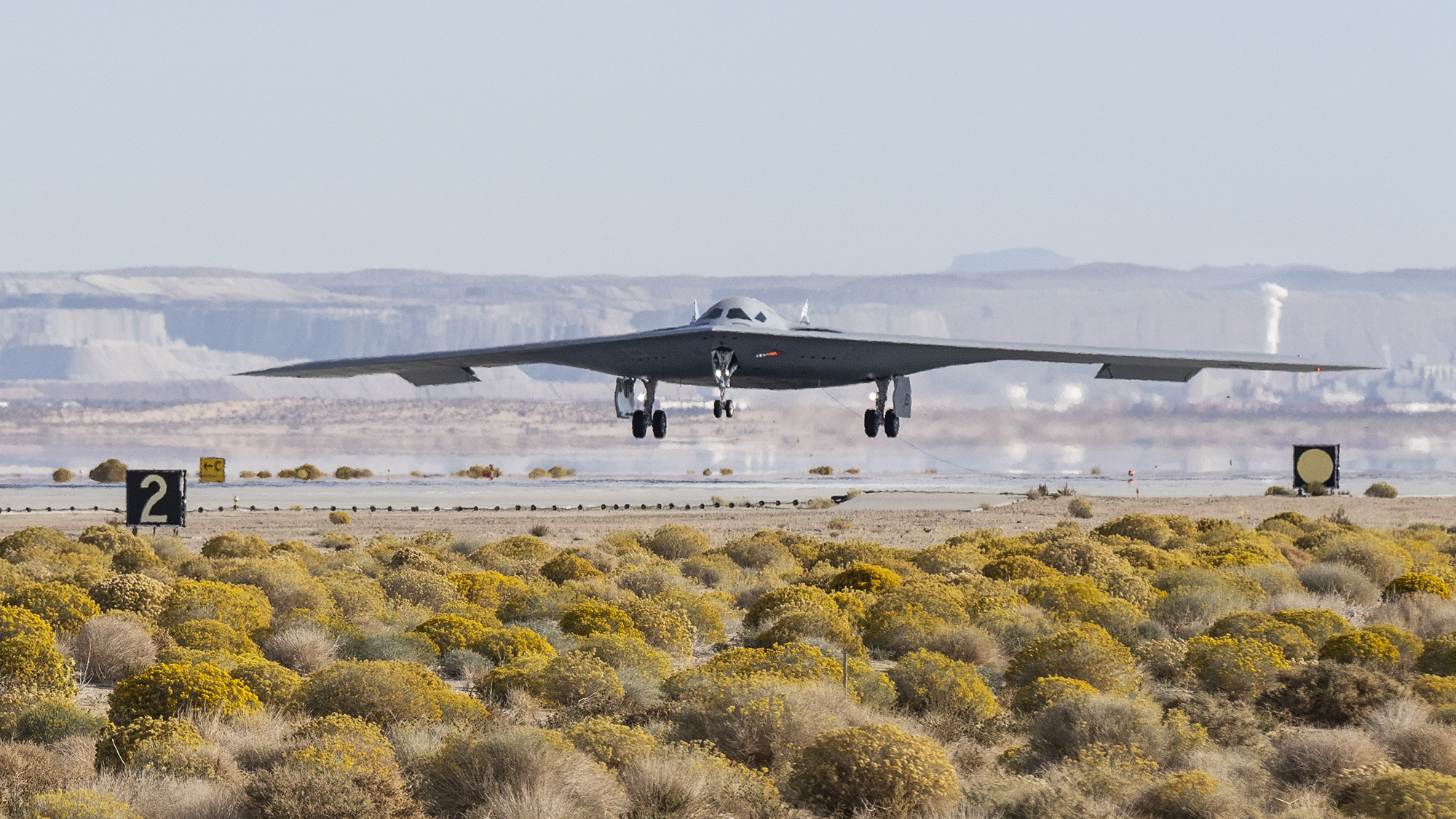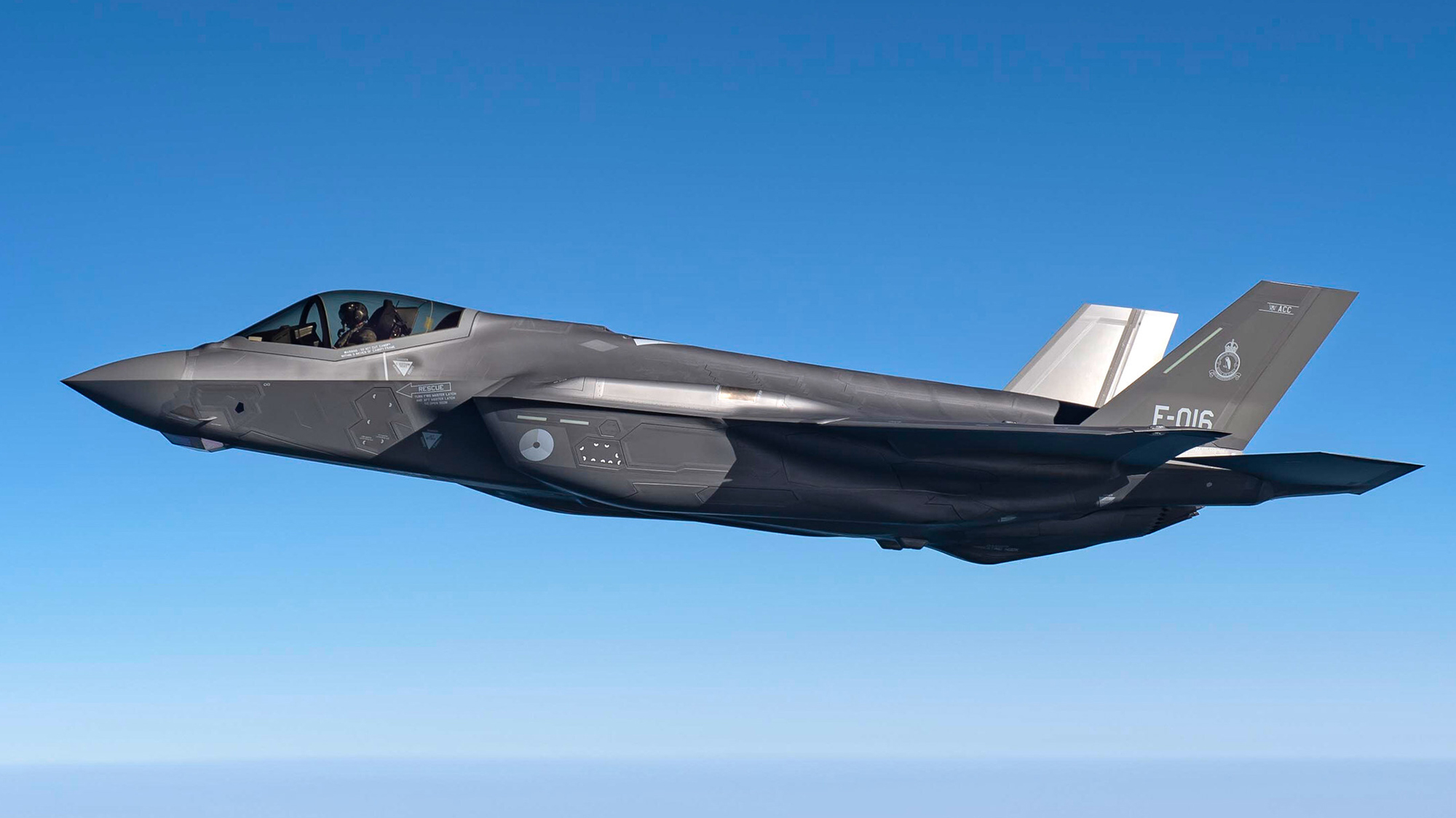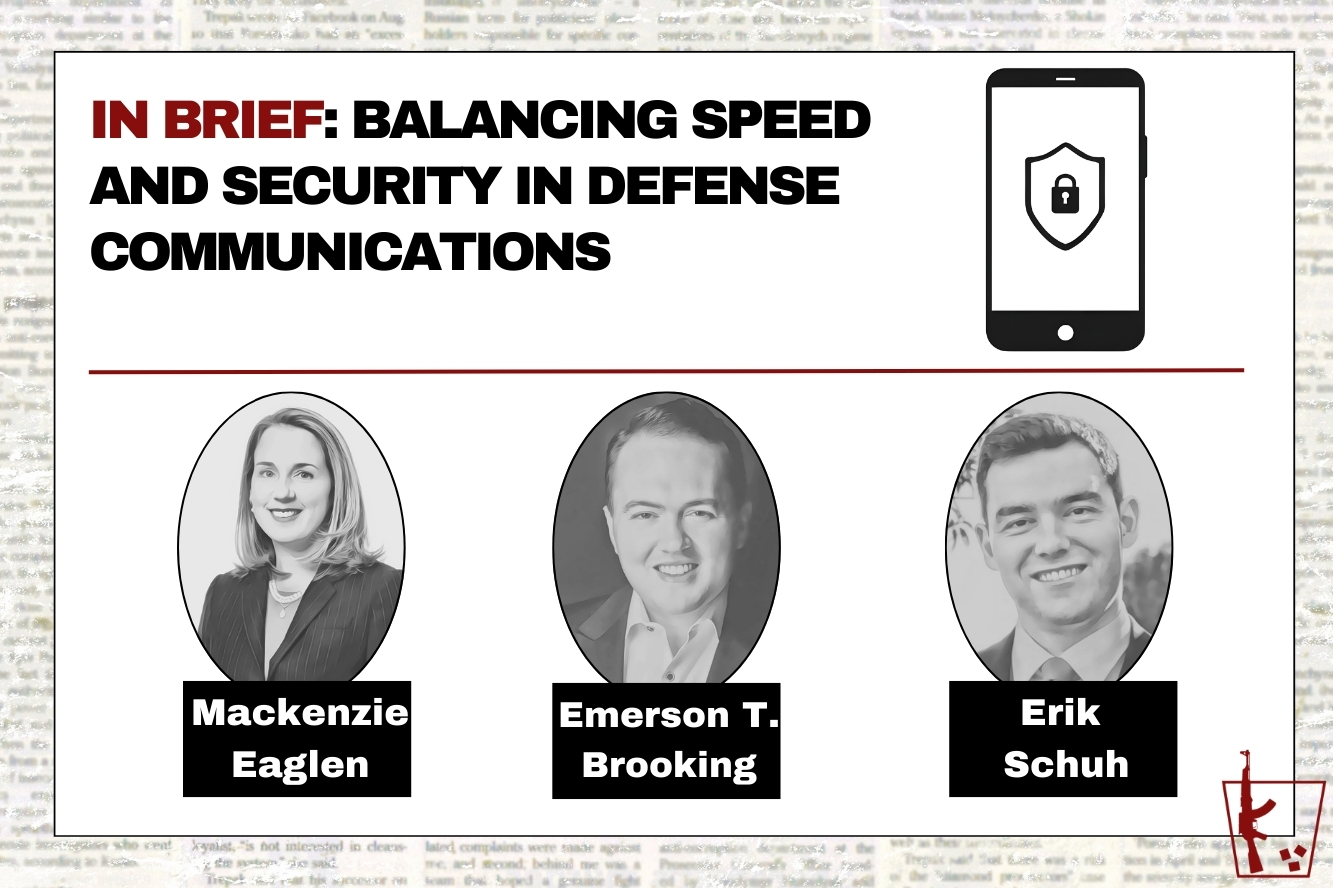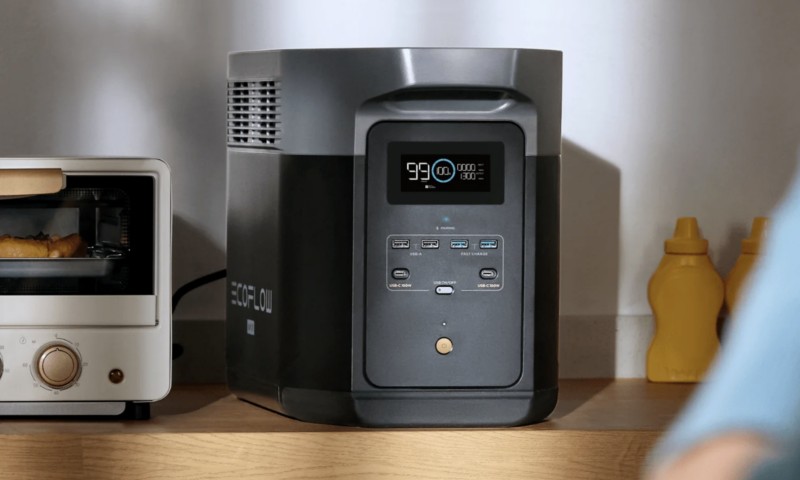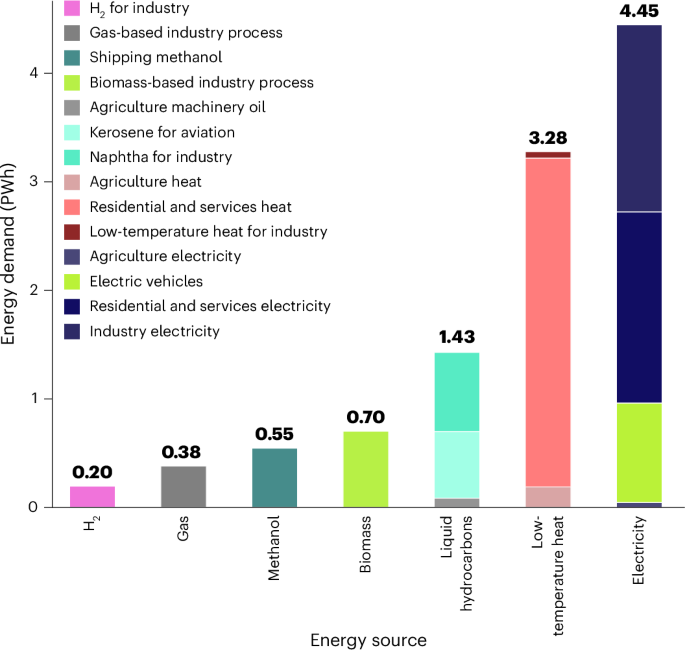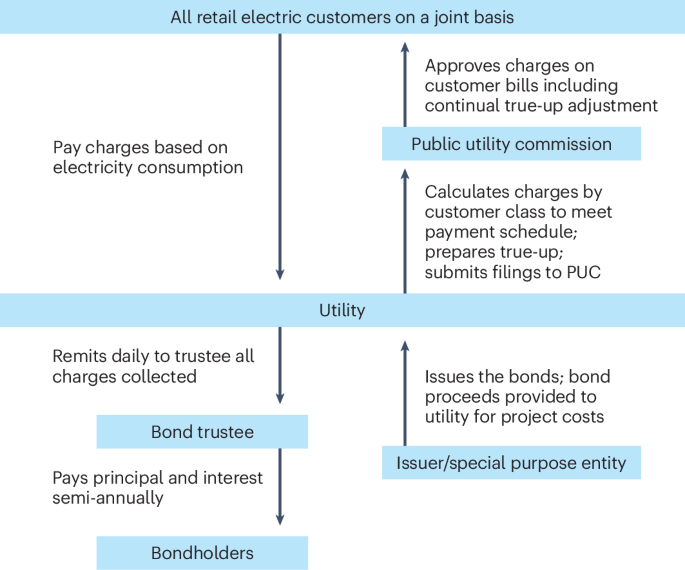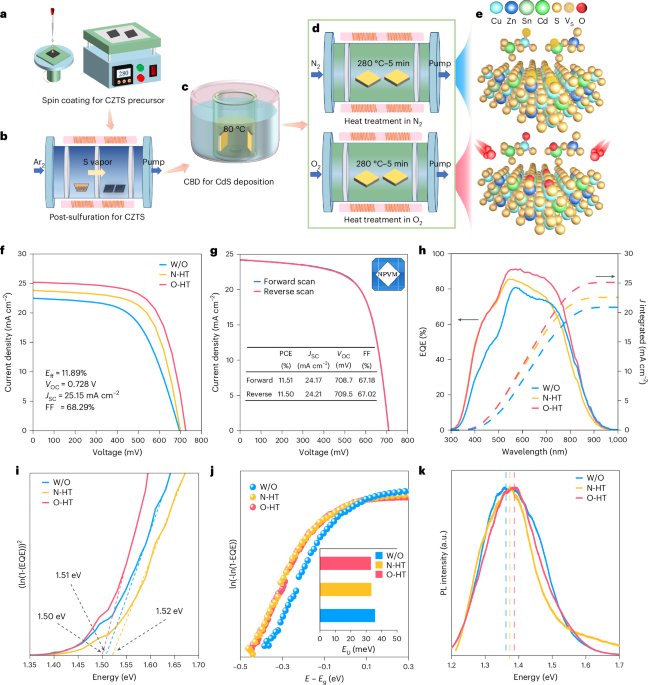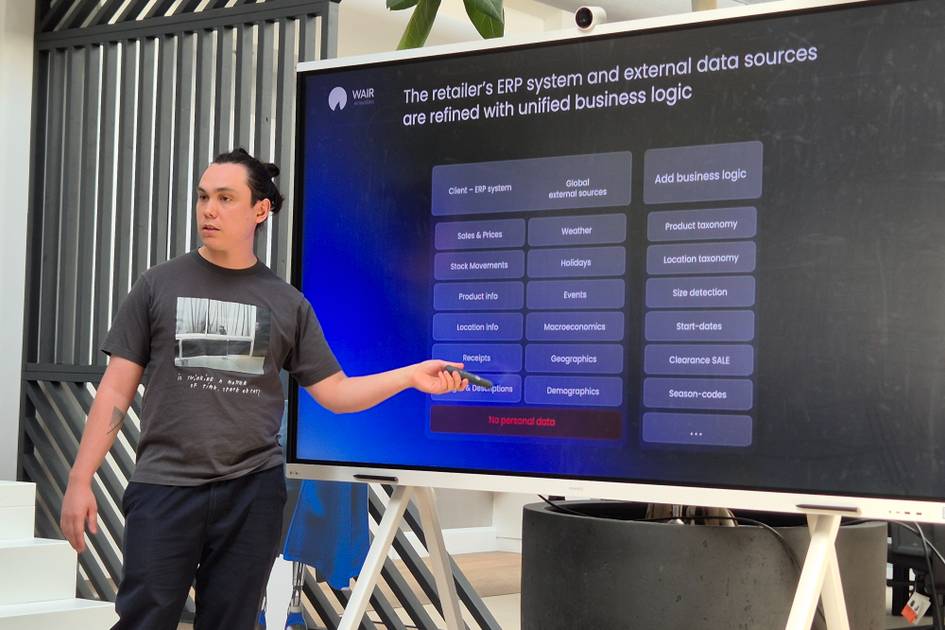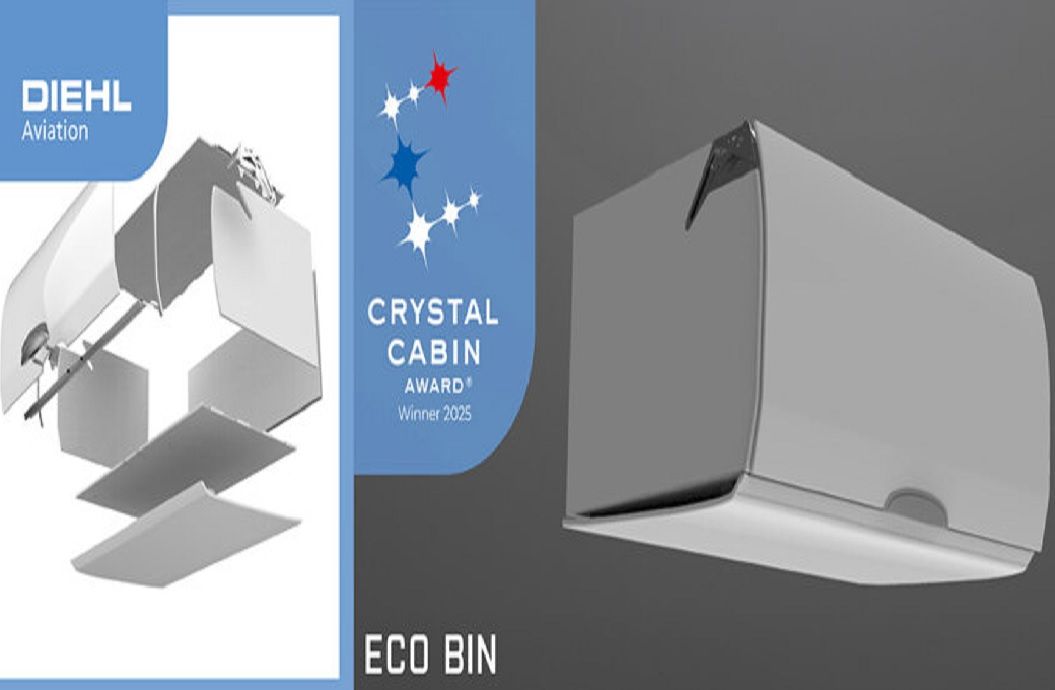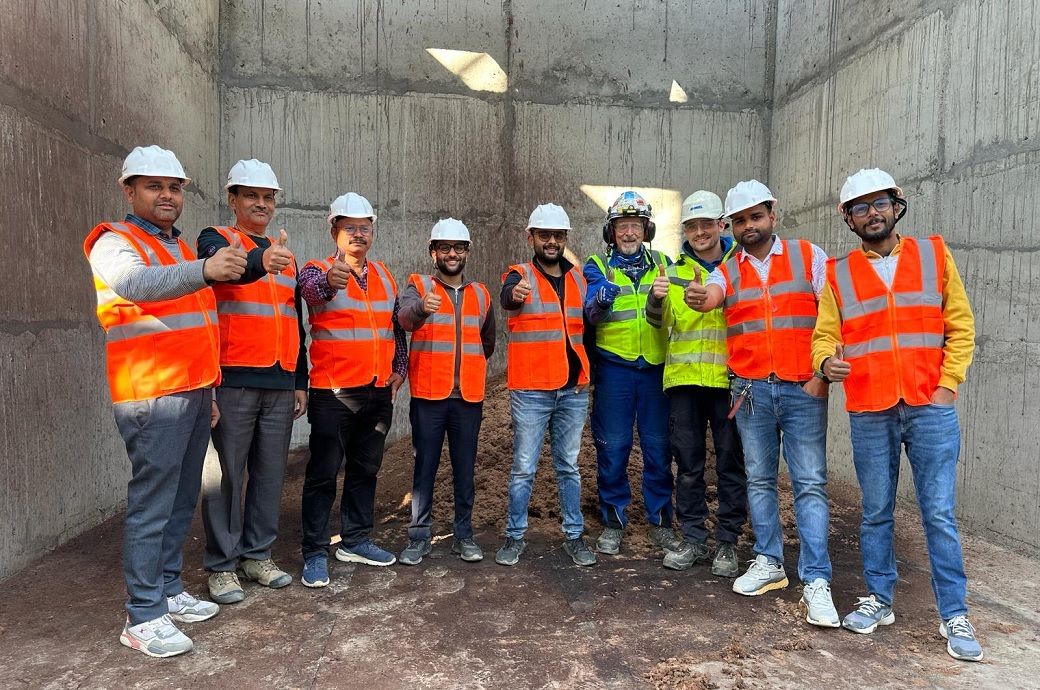Air Force Research lab awards PsiQuantum $10.8M for experimental quantum chips
The deal gives AFRL scientists access to manufacturing tools developed by PsiQuantum and GlobalFoundries, allowing them to build experimental designs for barium titanate chips that use particles of light instead of electricity.
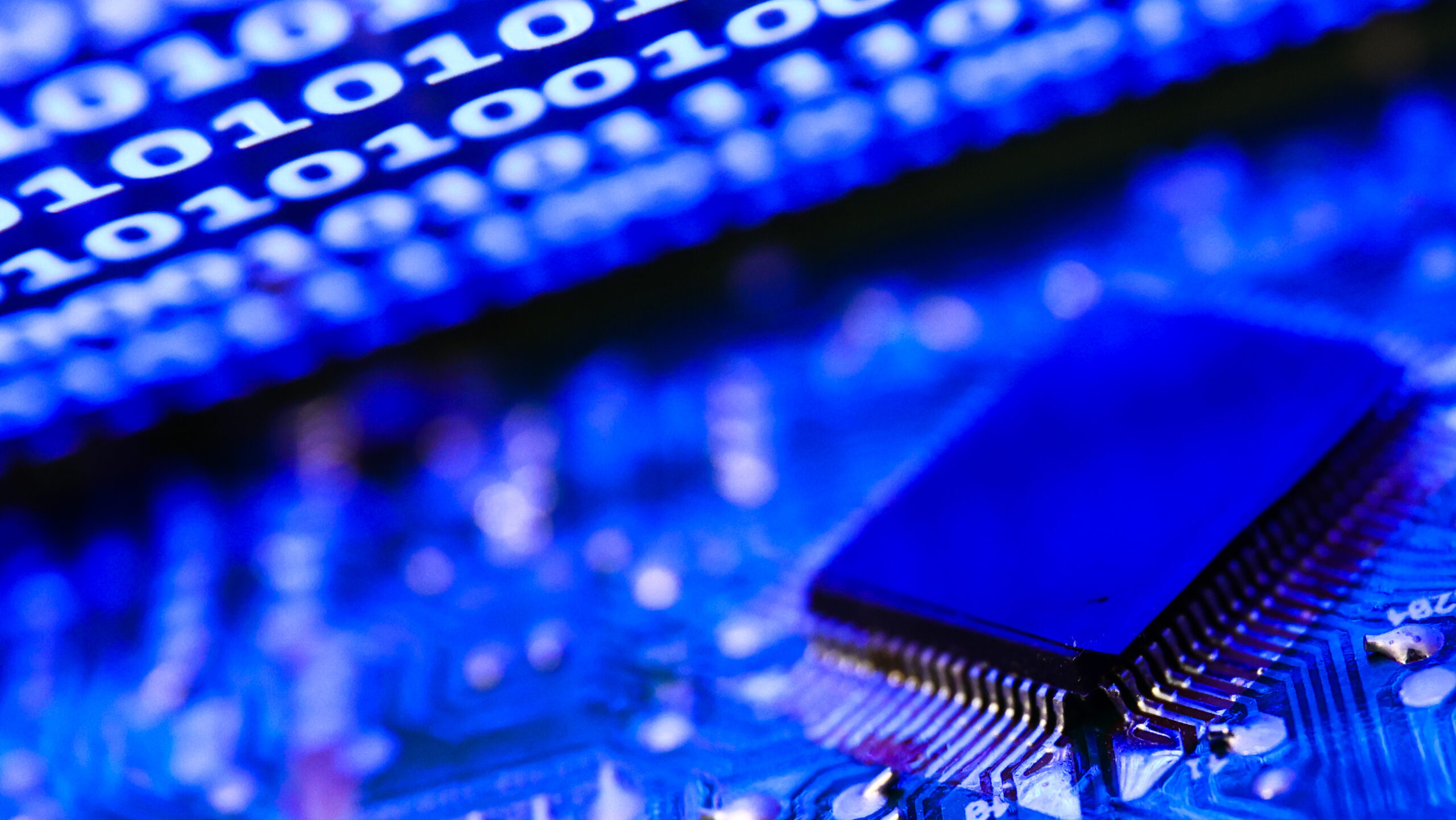

Binary code on a phone screen and microchip and are seen in this illustration photo taken in Krakow, Poland on July 19, 2023. (Photo by Jakub Porzycki/NurPhoto via Getty Images)
WASHINGTON — As the US and China race to build the first practical quantum computer, the Air Force Research Laboratory (AFRL) has issued a $10.8 million contract to quantum chip-maker PsiQuantum, the company announced this morning.
While there are many competing approaches to building quantum chips, PsiQuantum specifically uses photons, the massless particles that make up waves of light. Their intangibility makes them much less sensitive to outside interference than other particles, PsiQuantum Founder Peter Shadbolt told Breaking Defense, and — unlike alternative, more esoteric quantum bits (qubits) — the company’s “photonic” chips can be built in existing semiconductor foundries, with only modest modifications to the equipment.
“The deep silicon photonics expertise of PsiQuantum is critical in our mission,” said Michael Hayduk, who oversees AFRL’s quantum science efforts, according to the company’s statement.
PsiQuantum beat an unnamed rival bidder for the award in a “competitive acquisition” process, according to a government contract announcement. This victory also builds on an existing relationship with AFRL: The Air Force lab awarded PsiQuantum $22.5 million in 2022, and the company has already delivered some experimental quantum-computing chips to the lab under that contract.
The new contract, PsiQuantum executives told Breaking Defense, gives AFRL access for the first time to quantum chips made with barium titanate. That’s a ceramic compound of barium, titanium, and oxygen, known in the trade as BTO. PsiQuantum uses BTO to build “optical switches” that can manipulate individual particles of light, allowing radically different kinds of “photonic” computing rather than traditional silicon-based semiconductors.
The new deal with AFRL also allows the Air Force scientists to effectively “rent” the BTO chipmaking capabilities the two companies co-developed using tens of millions in their own money, said PsiQuantum executive vice president Mark Brunner. (He didn’t divulge specific figures, but PsiQuantum overall has raised over $1 billion in venture capital).
“[We’ve] provided the Air Force access to the most high-tech capability, at a cost that is greatly reduced [compared to] if they tried to develop this on their own,” Brunner told Breaking Defense.
REALTED: DARPA adds 18 companies to spooky science Quantum Benchmarking Initiative
“We have a singular approach for our photonics,” Vimal Kamineni, the company’s vice president for foundry engineering, said in an interview with Breaking Defense. “We care about individual photons.”
Optical switches made of BTO can move those particles of light across the chip without losing a single one, and such precision is essential for quantum computing. Compared to the binary bits of current computers, which use electrical charges to represent either 1 or 0, qubits can perform much more sophisticated calculations, from breaking codes to simulating molecular chemistry of novel materials. But at least for now, qubits’ quantum-mechanical complexity also makes them much more vulnerable to errors, glitches, and electromagnetic interference. And since researchers don’t agree on the best way to build an error-resistant qubit, there are many competing approaches with exotic names: trapped ions, neutral atoms, quantum dots.
“Every startup founder, like myself, has a beautiful pitch deck where they can tell you their qubits are the best and the other guy’s qubits are horrible,” Shadbolt told Breaking Defense.
“The reason we’re betting on photons is scale,” he explained. “We can avoid the exotic materials and atomic-scale fabrication [of other qubit types]. We can go to giant, existing, reliable, commercial semiconductor factories…the whole machinery that builds a billion iPhones.”
PsiQuantum’s approach doesn’t even require the most cutting-edge semiconductor facilities available, added Kameni. That means they don’t need the ultra-expensive extreme ultraviolet lithography tools made only by the Dutch company ASML — potentially bypassing what’s been a major chokepoint in the global chipmaking industry.
Instead, PsiQuantum’s manufacturing partner is a semiconductor maker called GlobalFoundries. The two companies have been working together since 2019 and first built quantum chips in 2021, executives told Breaking Defense, but only recently have they begun making chips with BTO, using a facility in Malta, New York just a couple hour’s drive from AFRL’s quantum science division in Rome, NY.












